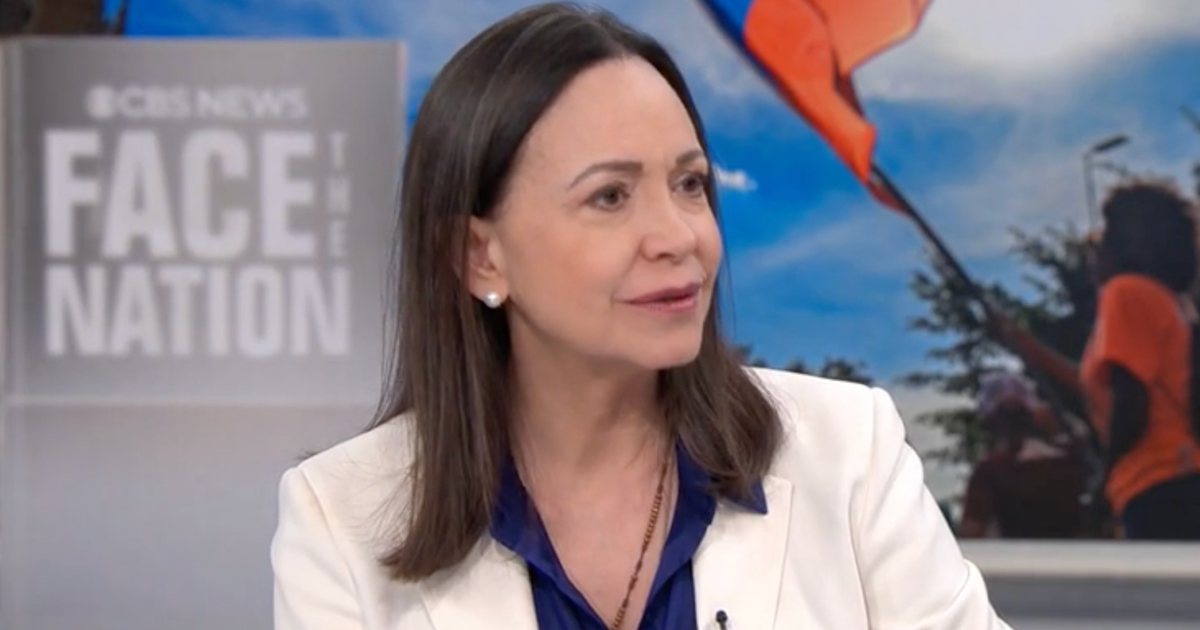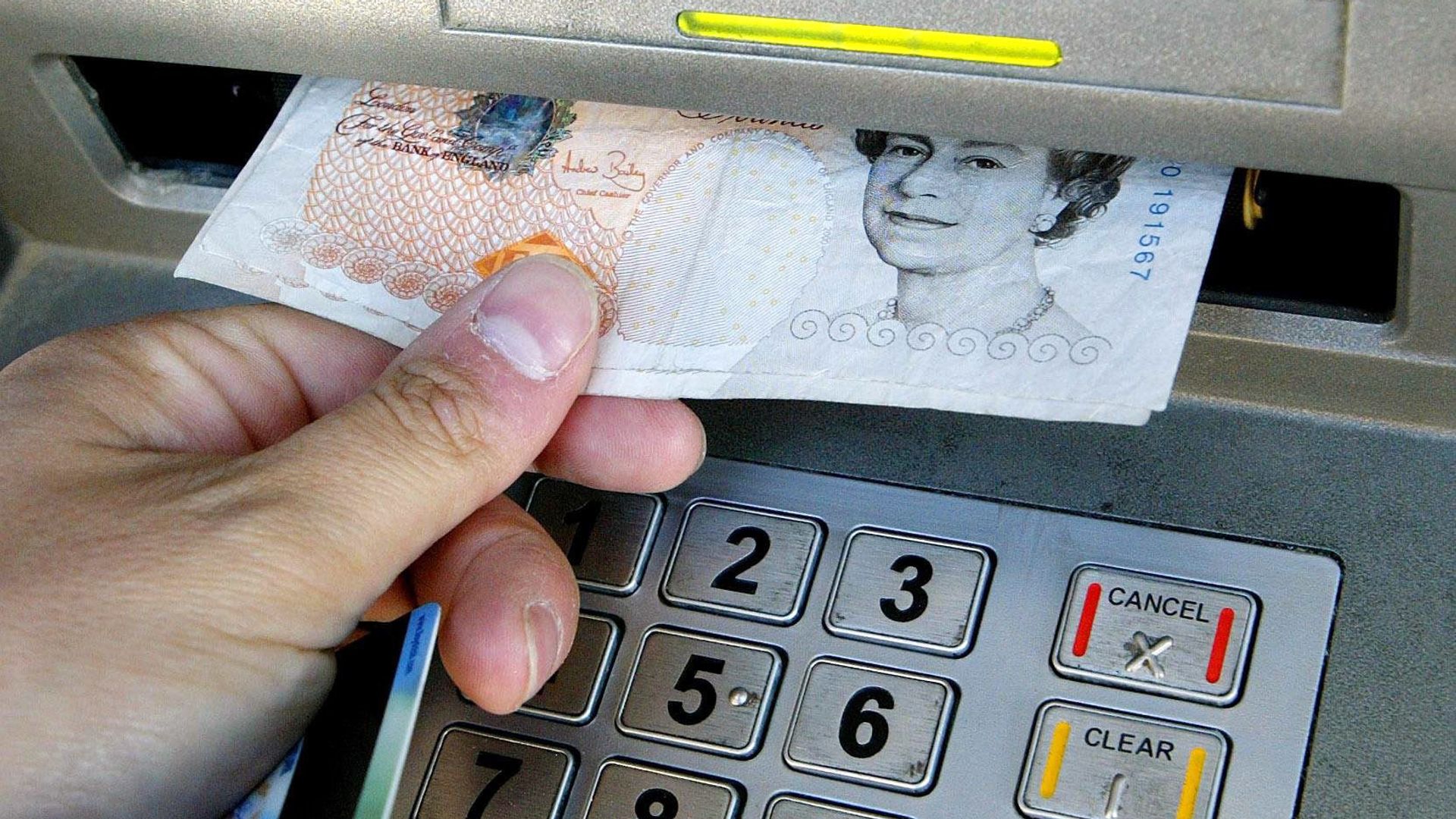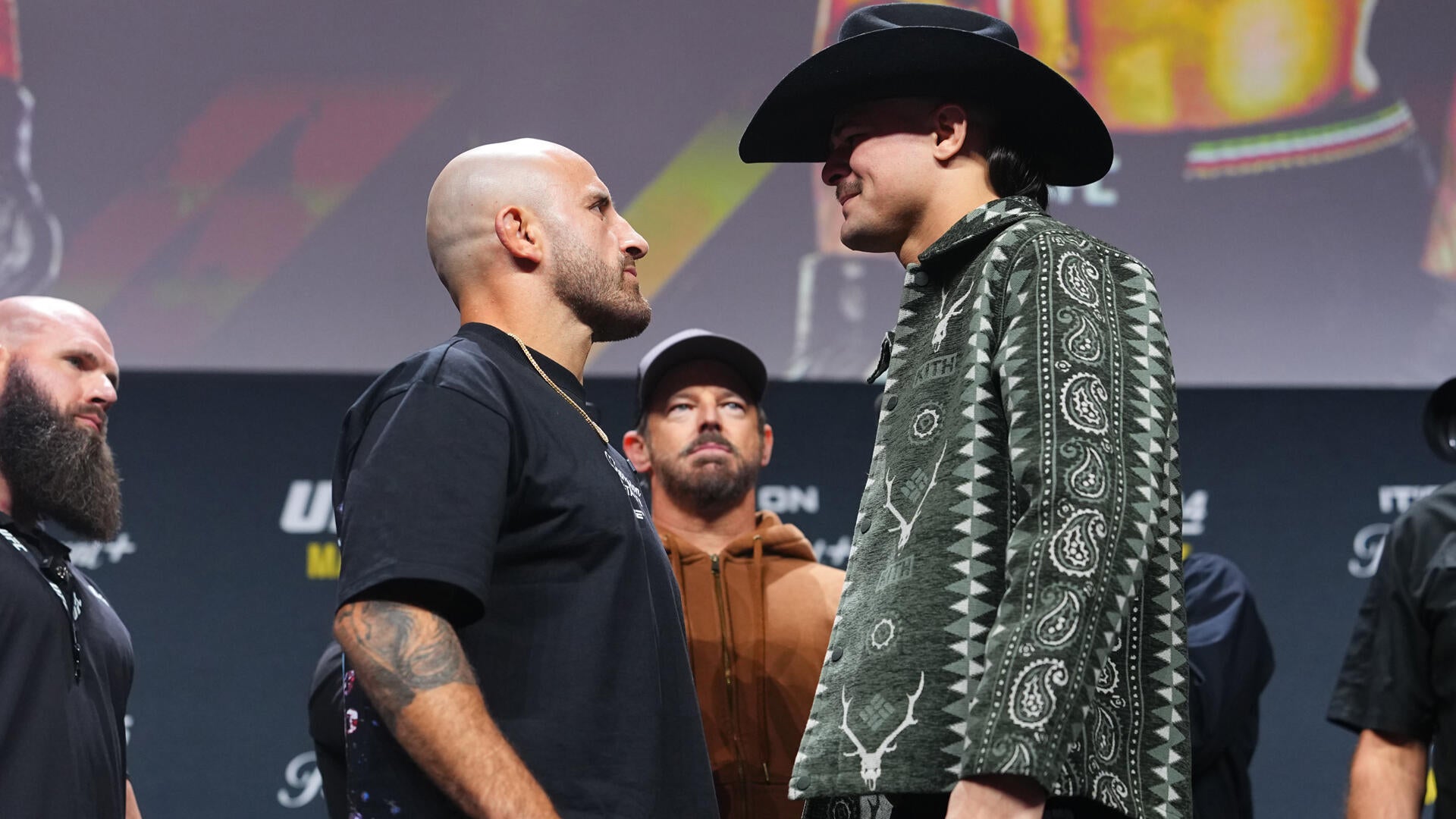

The Food and Drug Administration authorized Juul e-cigarettes for the U.S. market on Thursday, ending a lengthy standoff with regulators and lawmakers who accused the company of spurring an epidemic of e-cigarette use among youths.
The company was required to prove that the products were “appropriate for the protection of public health” under agency rules. Juul said in a statement that it met the bar, in part, by showing that its products had helped about two million adults quit smoking cigarettes.
The F.D.A. authorized both the e-cigarette system and menthol- and tobacco-flavored cartridges. Though concerns about the health effects of e-cigarettes are mounting, they are still widely viewed by experts as safer than cigarettes.
In a statement, a spokeswoman said the F.D.A. authorized the products based on “robust data” showing a high rate of adults switching from cigarettes to Juul products.
The agency said the action Thursday “does not mean these tobacco products are safe,” and that the agency will closely monitor the company’s compliance with rules to limit youth exposure to their marketing and will act if the company fails to comply.
“Today’s F.D.A. authorization of Juul products marks an important step toward making the cigarette obsolete,” K.C. Crosthwaite, the company’s chief executive, said in a statement.
Mr. Crosthwaite said underage use of Juul products was “down 98 percent since 2019, to one-half of 1 percent of youth.”
At least one lawmaker panned the decision. Senator Dick Durbin, Democrat of Illinois, recounted in a statement Thursday that Juul had “ignited” an epidemic of vaping among youths and “lied about the harms of their vapes.”
He called on Dr. Marty Makary, the F.D.A. commissioner, to reverse the authorization.
“It is clear that the Trump administration does not care about our kids,” Mr. Durbin said in a statement. “Instead, they are giving the green light to Big Tobacco to continue lining their pockets by peddling poison.”
The F.D.A. has authorized other e-cigarettes in recent years that were marketed by major tobacco companies, including Reynolds American and Altria, the maker of Marlboro cigarettes.
People who use Juul e-cigarettes were unlikely to have noticed the lengthy authorization process, which began with an application in 2020. Juul started selling its products before the F.D.A. had authority over e-cigarettes.
Since the company applied for approval, the F.D.A. has employed a policy of “enforcement discretion,” meaning regulators focused limited prosecutorial resources on other matters and left Juul on store shelves.
Since Juul applied for authorization, the e-cigarette market has shifted drastically.
Juul’s e-cigarettes were popular with middle and high school students in 2019, according to an annual government survey. At the time, the e-cigarettes were available in flavors like mango and crème brûlée.
The company stopped selling some flavored vapes by mid-2019, amid backlash from parents and government regulators.
After large e-cigarette makers in the United States stopped selling flavored vapes, aside from menthol, products in fruit and candy flavors poured in from China. They are now among the most popular with young people.
But overall rates of teen vaping have fallen sharply, from a high at that time of 27 percent of high school students in 2019 to fewer than 8 percent in 2024, a 10-year low.
Vaping rates remain high at some schools, though, frustrating teachers and many students who have aired concerns about cuts to tobacco-control funding by the Trump administration.
Since Juul began seeking authorization from the F.D.A., the company has faced litigation accusing it of marketing products to young people who were vulnerable to the highly addictive properties of nicotine.
The company denied that it marketed e-cigarettes to teenagers. In December 2022, Juul settled about 5,000 lawsuits for about $1.7 billion.
Dr. Makary has said that the agency will be aggressive in policing unauthorized e-cigarettes from China that offer features appealing to young people, such as tiny video game consoles and flavors like sour candy and grape crush.
He has also said the agency will block companies from “port shopping,” or shipping rejected and unauthorized products from one port in the United States, such as New York, to another, such as Baltimore.
Mr. Crosthwaite, of Juul, said the company supports “an orderly, reliable market” with products “made in F.D.A.-inspected manufacturing facilities, and marketed and sold responsibly.”











-3.png)



